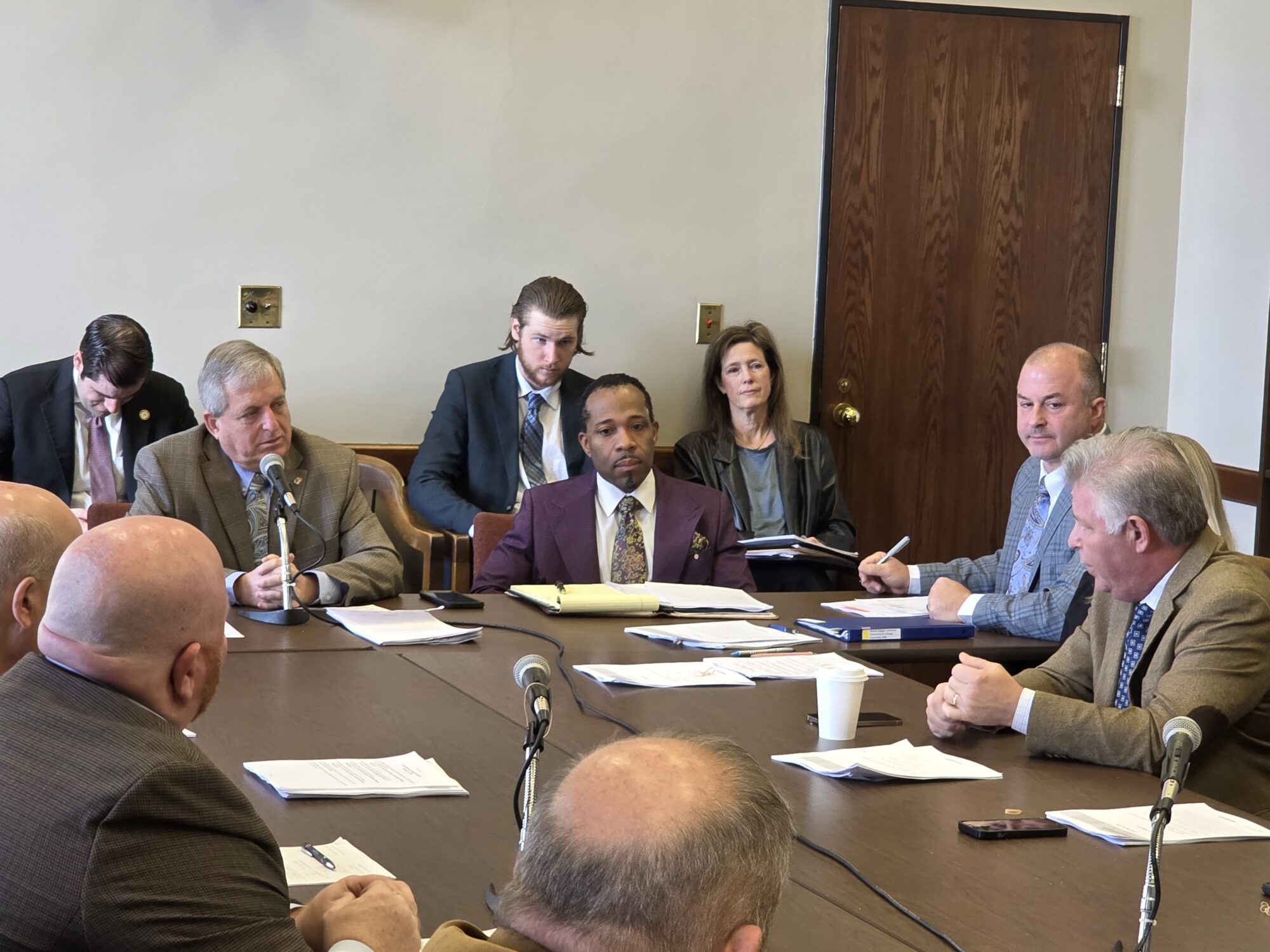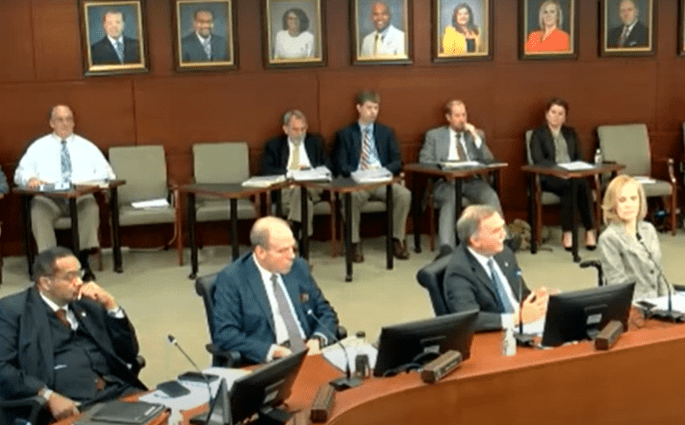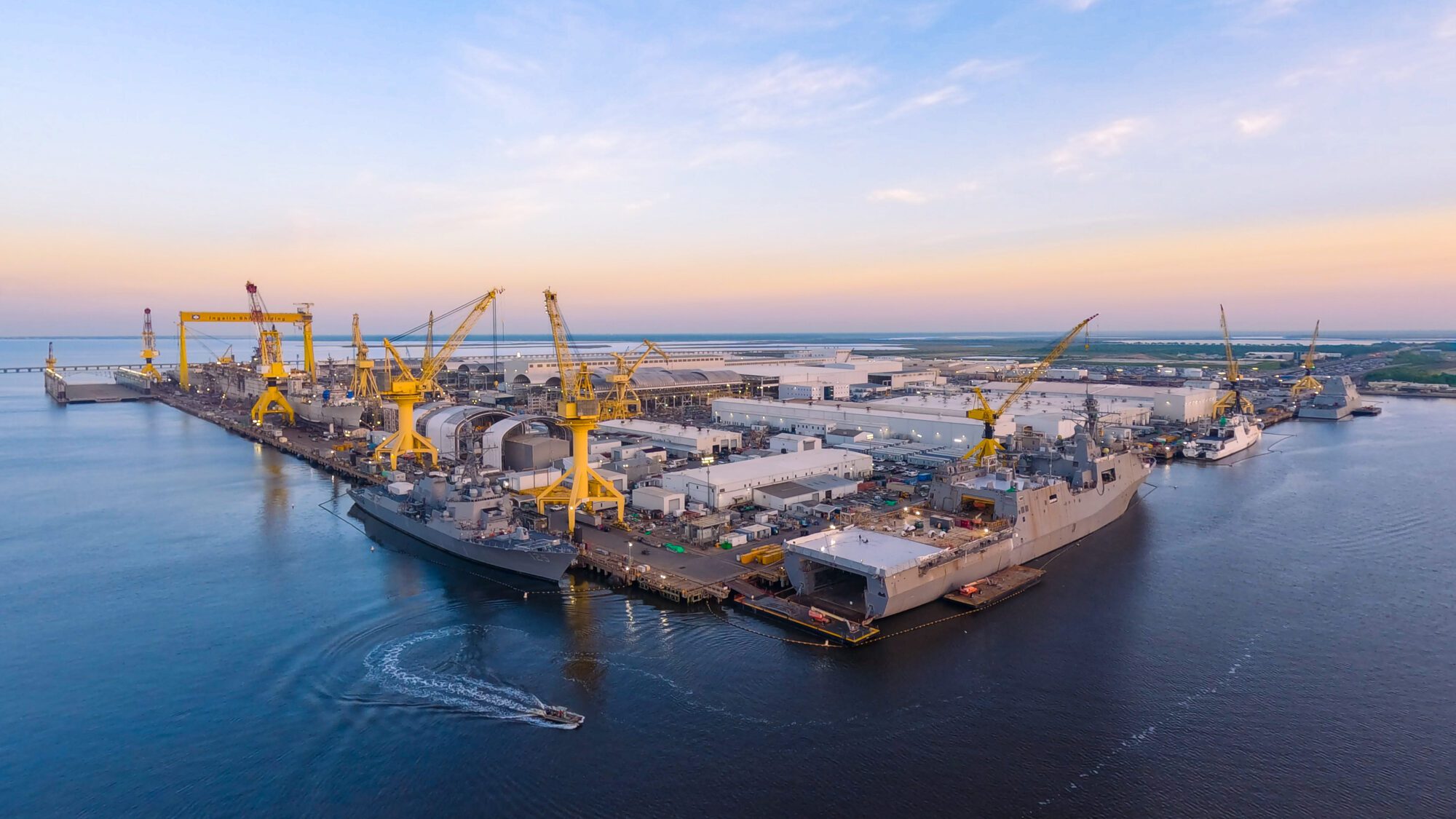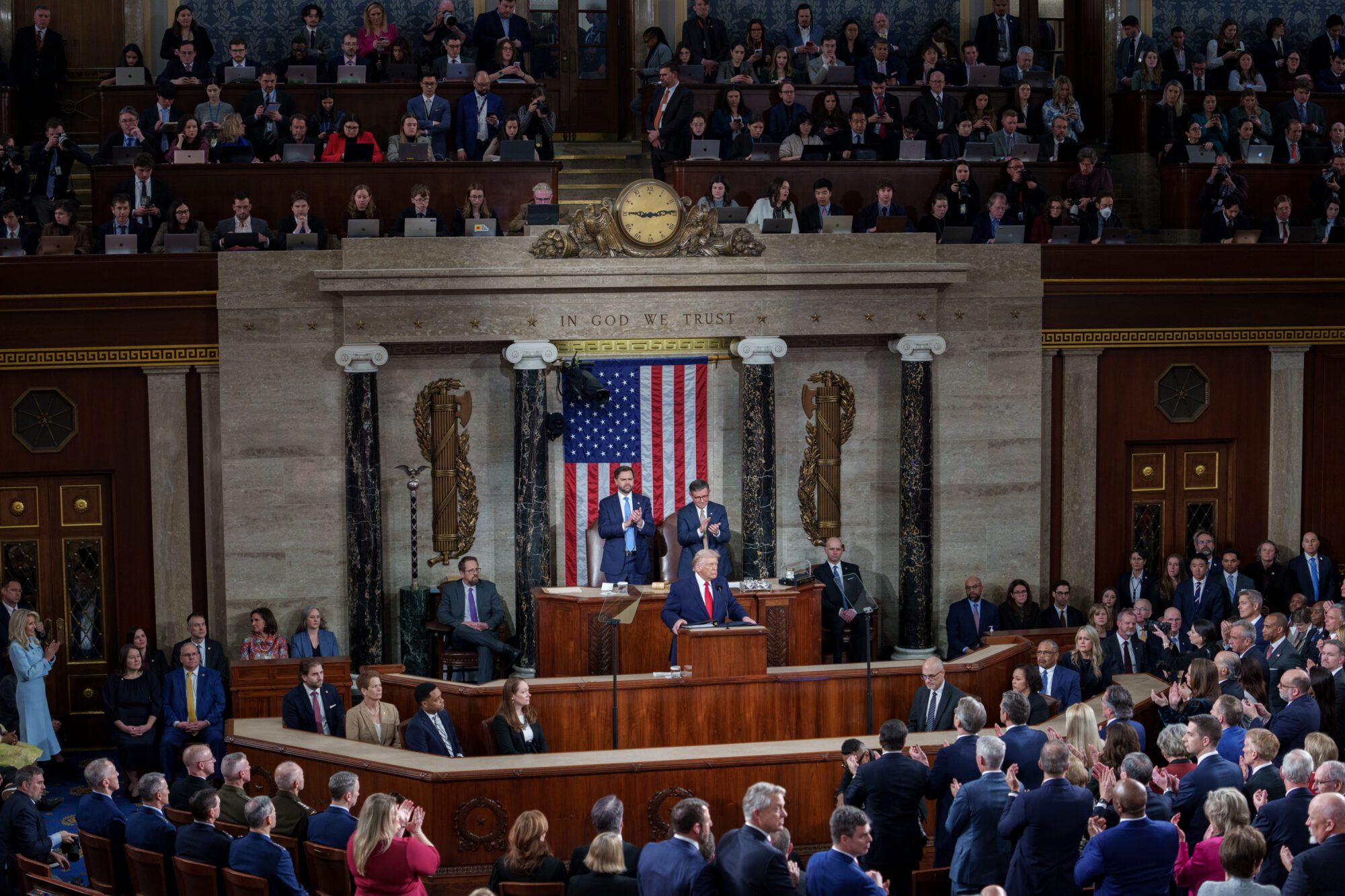
Mississippi families continue to feel the strain of a difficult economy, but some say the state is positioned to “weather the storm” better than others.
With rising inflation, increasing interest rates and stress on the wallet with every purchase, many Americans are wondering when there might be relief. Since the pandemic, it is unclear what will the new economic “normal” be.
The economic climate for Mississippi, as a whole, shows signs of improvement, but also challenges that must be tackled for long-term growth.
The state’s Gross Domestic Product is also increasing. The nominal GDP came in at $143 billion as of the first quarter of 2023 and the real GDP as of June 2023 was $105.117 billion. With unemployment rates down to a record low of 3.0% jobs are being filled and more Mississippians are working, creating increased economic activity.
There are only three states—Louisiana, West Virginia and South Carolina—with a higher job opening rate according to the Bureau of Labor Statistics. The agency estimates 88,000 open jobs in Mississippi.
Industry Strength
According to GDP data Manufacturing is bringing in the largest amount of any industry in the state, at $17.387 billion or roughly 17 percent of the state economy.
Since the 2003 opening of Nissan in Canton, the automotive industry has become an important piece of Mississippi’s manufacturing strength. Major investments have been announced in the last year for production of electric vehicles to continue to grow that industry.
Mississippi companies are not just building land vehicles but continuing to provide aquatic machinery. Ingalls Shipbuilding has long been an anchor in the Pascagoula community. Across the Mississippi Gulf Coast to the west, NASA’s investment in the Stennis Space Center has made room for new private sector investment and partnership in aerospace.
Additional Aerospace investments area also being made. Stennis is involved in NASA’s plan to return astronauts to the moon and potentially Mars. Companies like Rocket Lab are a part of the effort to open the Archimedes Engine Test Stand at Stennis.
“The Archimedes Test Complex will be used to test engines for the reusable Neutron rocket. New developments like these together with the long-term success of other aerospace companies like Aerojet Rocketdyne and Rolls-Royce are a testament to just how important Stennis is to our state and the whole country,” said Mississippi Development Authority Deputy Executive Director Laura Hipp.
Relativity Space has also expanded at Stennis. They have signed a lease agreement on the vertical test stand at the A-2 complex. The expansion brings Relativity’s total footprint at NASA Stennis to nearly 300 acres, the largest commercial presence on the site, according to a release.
According to State Economist Corey Miller, the state’s manufacturing sector has been a big part of Mississippi’s economic growth story. Beyond gross domestic product and employment, this industry impacts nearly all other industries in the state. Miller added that there are usually other businesses that spring up around manufacturers, creating a multiplier effect.
“We had a $1 billion in corporate income tax revenue and we’ve never seen more than $800 million in that sector,” said State Economist Corey Miller.
Before manufacturing, agriculture long sat as the state’s largest industry. Its direct and indirect impact is still expansive.
Mississippi’s economy has long been associated with farming. While the agriculture market continues to evolve, it remains a strong component of the state economy, accounting for nearly $10 billion of the state’s GDP.
With much of Mississippi considered rural, 65 of 82 counties, there is an abundance of timberland and fertile soil for crop growth and livestock. The Mississippi Department of Agriculture estimates that there are over 34,000 farms and over 10 million acres of farmland in the state.
According to the Mississippi Development Authority (MDA), one area of agribusiness expansion in recent years has been in the timber industry. MDA credits this expansion with the investment of hundreds of millions of dollars, as well as thousands of jobs.
“Hood Industries and Huber Engineered Woods for example, both announced this spring the locations of new manufacturing operations in our state,” said Hipp. “Combined, these projects are generating nearly $620 million in new investments and more than 420 jobs.”
Other industries that comprise a sizable portion of Mississippi’s economy include real estate and professional services. Because of Mississippi’s high level of dependency on federal dollars, government spending on health care, education, and assistance factors heavily into the state’s GDP.
Improving business climate for the future
Mississippi continues to show strong support for both established and new businesses. Through programs like MFLEX, which provides special incentives to targeted businesses, state leaders have attempted to position Mississippi as a place for companies to relocate.
According to MDA, the state works to streamline the process by removing red tape obstacles and offering a transportation network that is more ideal for companies with extensive shipping needs.
Hipp points to national attention Mississippi has received in its development of industrial parks. The Mississippi Legislature allocated $80 million to date in order to help establish these sites in communities throughout the state. She says the department also believes this is one area the state needs to have continued investment in order to grow the business sector.
“We take care of all due diligence on the front end, including determining necessary infrastructure and handling site prep, so companies are ready to turn dirt once they choose the location best for them. It is groundbreaking legislation that was passed in 2020, and it will reap dividends for years to come,” said Hipp.
Derek Easley with BIPEC said their organization focuses on looking into legislation that is positive for the business climate.
“Under the current administration, and the last couple, the business community has really found ways to improve through each legislative session,” said Easley. “This matters for companies who ware looking to expand their business here.”
In recent years, there has been a focus on tax reform policies, which include efforts to eliminate the individual income tax. Easley said many business owners are of the opinion that if it can be phased out responsibly, it should be.
The phase out of the franchise tax when Governor Tate Reeves was serving as Lt. Governor, Easley said, was particularly beneficial for Mississippi businesses.
This past year, the Legislature changed a tax rule to allow companies making a capital expenditure to do full and immediate expensing instead of counting for the expense on a depreciation schedule. Proponents of the change argued that it should encourage businesses to make more investments in the state and to speed up planned investments.
Work Force Dynamics
According to the most recent data, unemployment rates are down to the lowest numbers ever seen in Mississippi. As of July, unemployment was at 3.0% with less people drawing on the assistance than before the pandemic in 2019.
While more Mississippians are working, business experts have still expressed concerns with the labor force.
State Director for the NFIB Dawn McVea said the low rate is a “mixed bag” for businesses.
“It means people are working. However, it can make it difficult if you’re trying to hire. Our latest national Optimism Index survey said 61% of owners hired or tried to hire workers last month. Of those, 92% reported few or no qualified applicants,” said McVea.
In the most recent Small Business Optimism Survey they found that 42% of owners had positions they couldn’t fill. Those jobs fell mostly in construction, manufacturing and transportation sectors.
The state’s labor force struggle is represented in its labor force participation rate, which is at just over 54 percent, making it the worst in the nation.
Unemployment rates consider those who are actively looking for work but cannot find jobs. The labor force participation rate measures everyone over 16 who is actively working. It gives a more complete picture of the percentage of people who have either chosen not to look for work, or who have aged out of work, in a state.
Shifts in population can also impact where residents are able to work and over the last 10 years most Mississippi counties have shrunk in size. Only 20% have increased population over that time period and those primarily tend to be in the far north or south, with Madison and Rankin counties also increasing in size.
Miller said people tend to move where they can find employment and other services.
This has left areas in the Delta with double digit population decreases in the last decade. Hinds County, and Jackson in particular, have also seen decreases in size.
“That’s kind of a detriment to the overall state economy because that’s our largest city in Mississippi and it really does take urban areas to drive a lot of economic growth,” said Miller.
Miller said “we still have a relatively tight labor market,” though “it has loosened a little bit, both in Mississippi and the nation.” He emphasized there are still issues with employees finding skilled workers in some areas.
Miller noted the state recovered very well immediately after the pandemic, but that growth has begun to slow slightly since then. Experts had predicted a slowdown in early 2023 that did not manifest. State revenues finished $700 million higher than estimated for the fiscal year that ended on June 30th.
With people continuing to work and inflation forcing salary increases, it has allowed people to continue holding their spending power which has moved the economy to what was expected this time last year.
“Overall, inflation tends to have a positive impact on state revenues as long as people can spend the way they have,” said Miller.
Interest rate increases to combat inflation are still increasing but expected to slow the economy going into 2024.
Mississippi’s Competitiveness
In terms of cost of living, Mississippi has stayed competitive with its Southern neighbors.
It remains the most affordable place to live in the U.S. compared to per capita income. Miller said the state’s economy has fared well against neighbors like Louisiana, whose economy has struggled in recent years.
“I would say we were pretty much on par with Arkansas and Alabama when you look at everything. Of course, Tennessee has had tremendous growth in recent years compared to Mississippi,” said Miller.
A major detriment that persists is the state’s human capital. That involves the skills and education of workers as well as health of the labor market. Miller said this is an area where the state needs to improve.
Other issues persist like the “brain drain” which has decreased the population and workforce, as well as the continued individual income tax and grocery tax.
Since the end of the pandemic, experts say they do expect it to take longer than anticipated for the country to return to an overall healthier economy. Miller said things are still not like they were before and there isn’t a clear picture as to why.
‘Since the pandemic and the governments response to it, we are still trying to work through things going forward,” said Miller. “The economy is not going to be the same going forward. It’s going to take a lot longer than most people thought.”
Miller said there were expectations that the economy would have slowed down much more by now and a looser labor market would be happening, but those changes have not happened.











